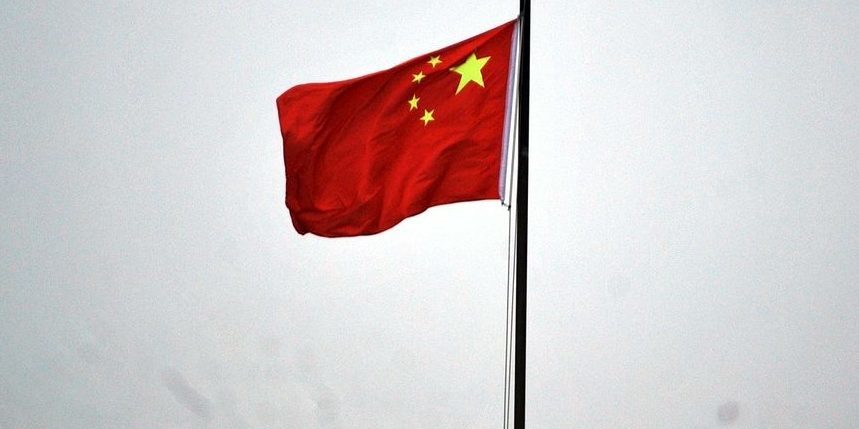Cracks in the miracle: can China recover from its looming economic crisis?
It was Chinese New Year on 10 February. From firecrackers to a lion dance, dumplings to read banners, the Warwick campus looked very joyous even though it was five miles from China. Yet, the specter of continuous economic decline is looming over China. Most investors and businesses are not optimistic about the future of this world’s second-largest economy.
The UK is suffering from the cost of living crisis, but deflation is threatening China. The latest data from China’s National Bureau of Statistics reveals that the consumer price index (CPI) dropped by 0.3% in a month. It has been declining for four months, and the reduction rate is the sharpest in over 14 years. While a lower cost of living sounds desirable, persistent deflation discourages businesses from producing more goods and services and reduces employment levels. The weakening consumption power of China, one of the most populous countries in the world, hits foreign businesses as well.
China’s stock market is equally alarming. Nearly £4.7 trillion, equivalent to around twice Britain’s annual economic output, has been wiped off Chinese and Hong Kong stocks since February 2021. In response to the stock market rout, the China Securities Regulatory Commission (CSRC) announced several measures to stabilise the market last month. For example, “short-selling”, when traders borrow the asset and sell it immediately to buy it back later at a lower price, is limited.
However, these regulations failed to restore market confidence. On 14 February, the global stock index compiler MSCI removed 66 companies from its benchmark China Index. Data of MSCI, Morgan Stanley Capital International, is one of the most important stock indexes as it analyses regional and global stock performances. This move means that the performances of the 66 Chinese companies, including Weibo, the leading social media platform, are left untracked. It will affect the weighting of Chinese stocks in global portfolios and exacerbate fund outflows. The declining competitiveness of Chinese stock will in turn benefit other emerging markets like India.
China’s property market was in hot water in particular. Evergrande, a Chinese property giant, was ordered to liquidate by a court in Hong Kong last month. By 2020, it became one of China’s biggest companies by aggressively borrowing more than $300 billion. Yet, it lost 99% of its value in three years and has now become the most indebted developer in the world. Evergrande was not alone in China’s property crisis. According to analyst estimates, developers contributing to 40% of Chinese home sales have defaulted since mid-2021.
While the outbreak of COVID directly led to the drastic plunge in housing sales and prices, COVID reveals the underlying flaw of China’s development model since the 1990s. China had been the world’s fastest-growing economy with an annual growth rate of up to 10% by 2020. The economic miracle was primarily driven by infrastructure. Investment is a key indicator for economic indexes like GDP. In the past 30 years, local governments across China borrowed huge sums of money from Beijing, and heavily invested in the construction of roads, bridges, housing, and factories. The construction creates many job opportunities and astonishing economic figures in the short term. On the other hand, the unsustainable development model results in an economic bubble that may burst at any time. What if the newly built houses are not received by buyers, and what if the railways are unfinished due to unforeseen factors?
Then, COVID hit. The gigantic bubble is also seen in many of the developing countries partnering with China in its One Belt One Road initiative. Those countries cannot repay the loans obtained from China to build ports and highways. Owed over a trillion dollars through the Belt and Road project, China is now the biggest debt collector in the world.
The recent financial crisis in China may seem irrelevant to other parts of the world, but it reminds other developing countries of the risk of pursuing a fast-growing economy without considering sustainability. Most countries are witnessing post-COVID recovery. Will the Chinese economy strive again in the Year of Dragon?

Comments